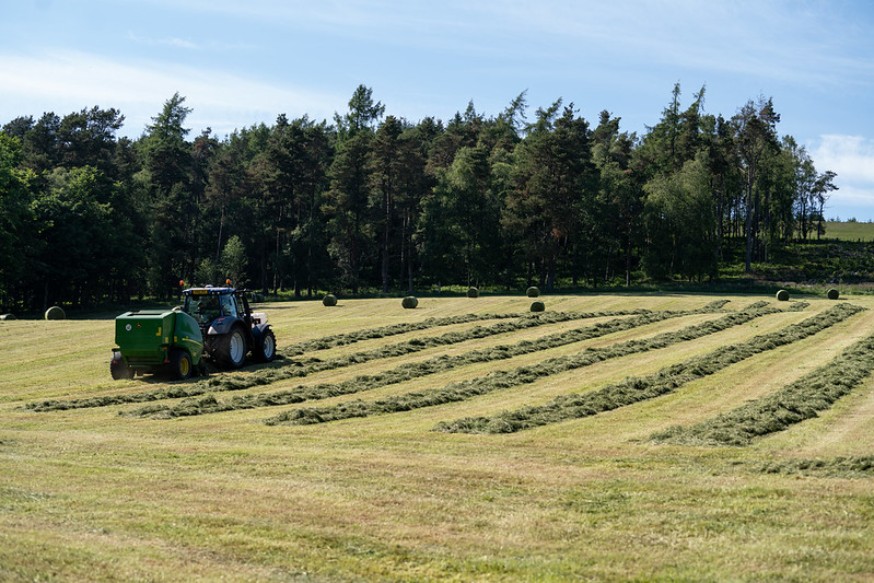Please note: Rural Payments and Services, Manage Application and Claims including Preparing for Sustainable Farming will be unavailable from 7am Saturday 6 December to 6pm Sunday 7 December.
News
-

RPID Area Office Buildings Festive Arrangements - 24 November
As we approach the festive season, we want to inform users of our arrangements
-

AgriScot: Ministerial speech - 20 November
Speech delivered by the Minister for Agriculture Jim Fairlie at AgriScot on 19 November 2025.
-

Livestock health and welfare strategy 2025 to 2030 published - 19 November
This strategy aims to protect and improve the health and welfare of livestock in Scotland, building on the work carried out under the 2016 strategy.


